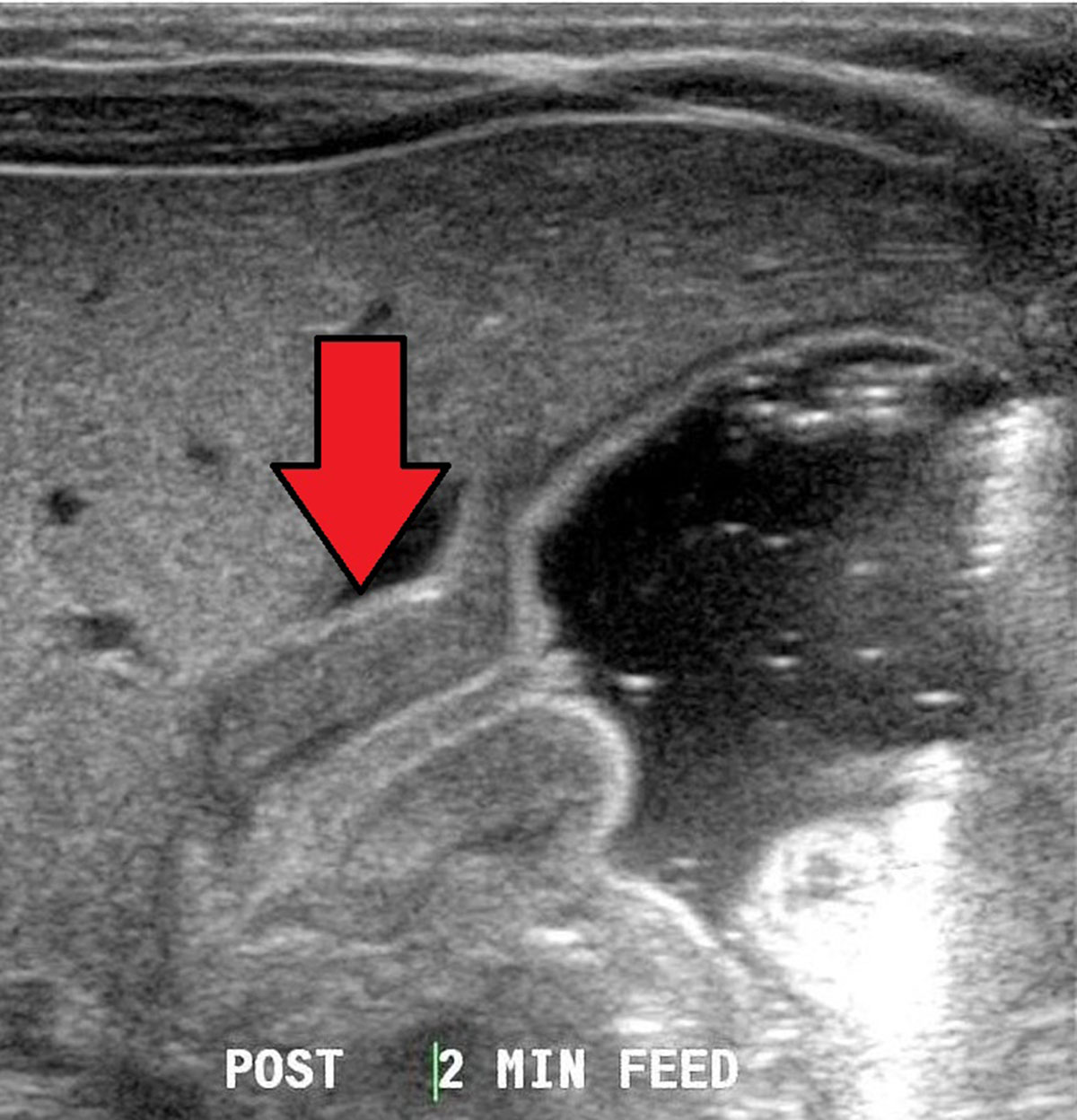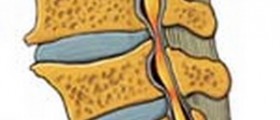
Pyloric stenosis
Pyloric stenosis is the medical term for the condition that affects the gastrointestinal tract in infancy. It is also called infantile hypertrophic pyloric stenosis, or gastric outlet obstruction. This condition is not something normal, because a baby with pyloric stenosis may have the constant urge to vomit. Furthermore, this condition may lead to dehydration and the imbalance between salt and fluid in the body of the baby. When parents notice some of the symptoms of this disease, it is very important to take the child to a doctor, because pyloric stenosis should be treated immediately.
The pylorus is the lower part of the stomach. The foods and other contents pass through pylorus on the way to small intestine. Pyloric stenosis causes the pylorus to narrow because the pylorus becomes enlarged. Due to that, the food is prevented from emptying out of the stomach. Pyloric stenosis may be inherited and the firstborn male infants are at greater risk than other babies. This condition usually develops between 2 weeks and 2 months of age.
Causes of pyloric stenosis
After many researches, it is concluded that the babies are not born with this condition, but pyloric stenosis develops after birth. In the early stages of this disease, the symptoms are very rare and hardly noticeable. Only when the pylorus is so thickened that the stomach is not able of emptying normally, the symptoms occur in an affected baby.
The exact cause for the pyloric stenosis is not established yet and it is still not clear why pylorus starts to thicken. However, there are several potential causes for this incidence. Some professionals claim that the maternal hormones cause it. On the other hand, there are those who believe that the thickening of pylorus is the reaction of the stomach to certain allergies. Furthermore, some experts think that the pyloric stenosis occurs because there is deficiency of the receptors in the pyloric muscle that recognize nitric oxide. Nitric oxide is a very important substance that causes the relaxation of the pyloric muscle. Due to the lack of nitric oxide, the pylorus muscle constantly contracts and becomes larger and thicker over time.
Pyloric stenosis occurs in baby a few weeks after the birth, because this thickening of the pylorus muscle needs time. When the symptoms are noticed, the doctor will closely examine the baby to be sure that pyloric stenosis is present. Several tests may be ordered and performed, including ultrasound, a barium swallow, physical examination and blood tests.

















Your thoughts on this
Loading...